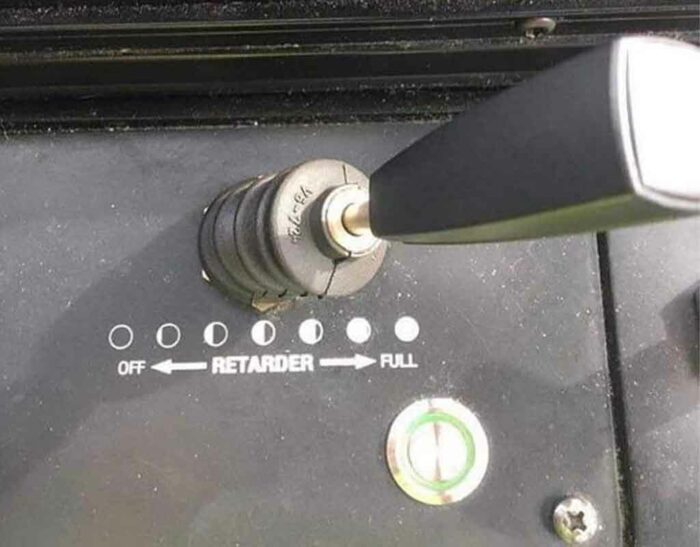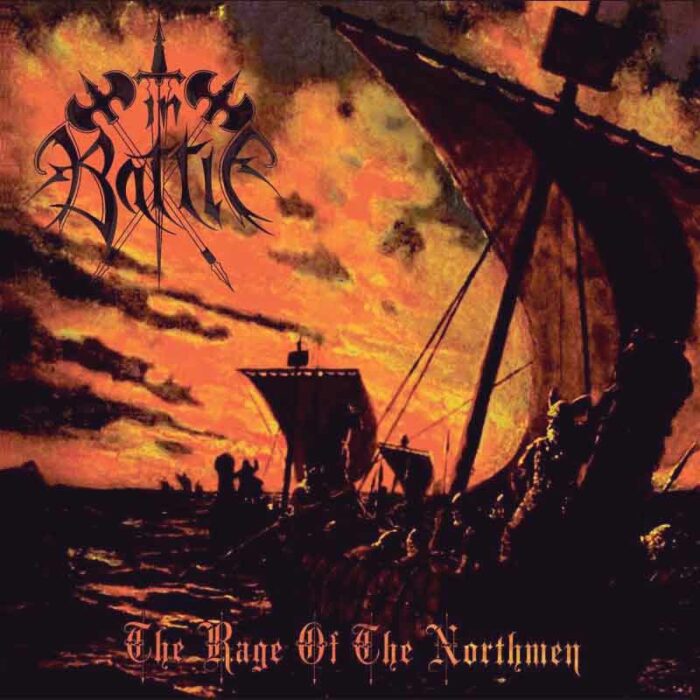The question before us remains whether humanity will get its act together to adapt and survive. We beat the first few levels, yes, with agriculture and institutions, now have some nifty technology like digital computers and infernal combustion engines, but that just leveled us up.
57 CommentsTags: alligator, atrocious filth, begotten, catacomb, festerdecay, pustilence, putred, satanika, smr, the unholy











